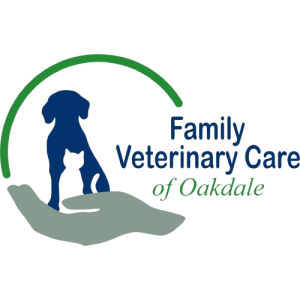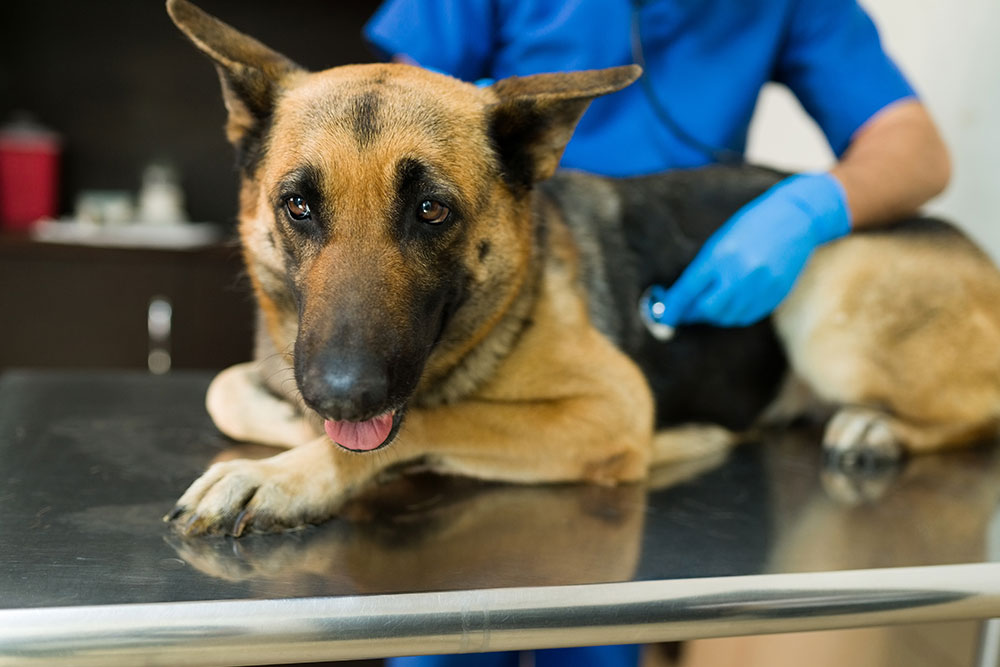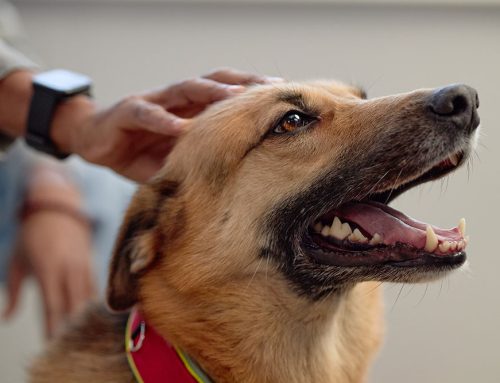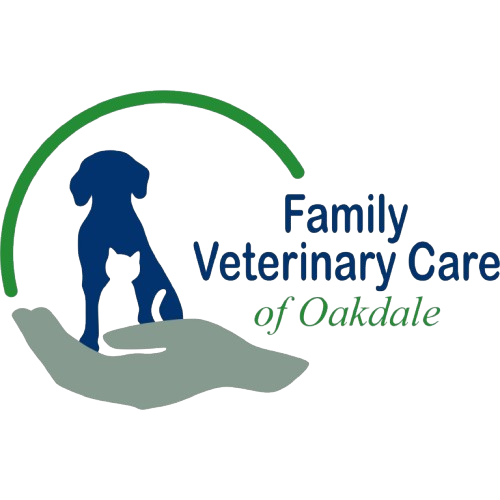Understanding Aging Dog Diseases and Management Strategies
Senior Dog Health Care
As dogs age, their healthcare needs change significantly. Like humans, senior dogs are more susceptible to certain diseases that can impact their quality of life. Recognizing early signs of aging-related illnesses is crucial for timely intervention and effective management. At Family Veterinary Care of Oakdale, we are committed to providing expert care to help your aging dog stay comfortable and healthy throughout their golden years.
Common Diseases in Aging Dogs
Osteoarthritis in Senior Dogs
Osteoarthritis is one of the most common conditions affecting senior dogs, causing joint pain, stiffness, and mobility issues. Symptoms include:
- Reluctance to walk, climb stairs, or jump
- Limping or favoring a limb
- Stiffness, especially after rest
- Reduced interest in play
Untreated arthritis can lead to chronic pain and reduced quality of life. Treatment options include non-steroidal anti-inflammatory drugs (NSAIDs), joint supplements, weight management, and physical therapy. Incorporating low-impact exercises can help maintain mobility.
Learn more about suitable activities in Exercises for Dogs with Osteoarthritis – Zoetis Petcare.
Canine Diabetes
Diabetes in dogs occurs when the body fails to regulate blood sugar properly, leading to excessive thirst, frequent urination, weight loss, and increased appetite. If left untreated, diabetes can cause severe complications such as:
- Cataracts and vision loss
- Urinary tract infections
- Diabetic ketoacidosis (a life-threatening condition)
Management involves insulin therapy, dietary adjustments, and regular blood sugar monitoring. Learn more in Not So Sweet: Diabetes in Pets.
Hypothyroidism in Dogs
Hypothyroidism occurs when the thyroid gland underproduces hormones, slowing down the dog’s metabolism. Symptoms include:
- Lethargy and decreased activity
- Unexplained weight gain
- Dry, flaky skin and hair loss
Diagnosis is confirmed through blood tests measuring thyroid hormone levels, and treatment involves lifelong hormone replacement therapy. For more details, visit Canine Hypothyroidism Information – Cornell University.
Cognitive Dysfunction Syndrome (CDS)
Often referred to as “doggy dementia”, CDS is a degenerative brain condition similar to Alzheimer’s disease in humans. Signs include:
- Disorientation or confusion
- Changes in sleep patterns
- Increased anxiety or restlessness
- Forgetting house-training or routines
Managing CDS involves environmental enrichment, prescription diets, and medications to slow cognitive decline. Early intervention can improve long-term outcomes.
Managing Senior Dog Diseases
Diet and Nutrition
A well-balanced diet tailored to your senior dog’s specific health conditions supports overall well-being. Considerations include:
- Weight control diets for arthritis or diabetes management
- Prescription diets for kidney or liver disease
- Joint supplements (glucosamine and chondroitin) to support mobility
A veterinarian can help create a customized nutrition plan to optimize your dog’s health.
Regular Veterinary Care
Routine wellness exams help detect diseases early before symptoms become severe. Senior dogs should receive:
- Bloodwork to monitor organ function
- Dental evaluations to prevent periodontal disease
- Weight tracking to catch early signs of metabolic disorders
At Family Veterinary Care of Oakdale, we provide comprehensive senior pet care services. Learn more about our offerings on Our Services.
Preventive Health Screenings
Regular preventive screenings, such as blood tests, urinalysis, and imaging, can detect underlying conditions early. Preventive Testing for Senior Pets – Zoetis Petcare highlights the importance of early detection for successful treatment.
Exercise and Mobility Support
Exercise is vital to maintaining muscle strength and joint flexibility in senior dogs. Low-impact activities, such as:
- Swimming
- Slow, controlled leash walks
- Gentle stretching exercises
These activities help maintain mobility while reducing joint strain.
Supporting Your Aging Dog
Providing physical and emotional support is key to maintaining your senior dog’s well-being. Consider:
- A comfortable sleeping area with orthopedic bedding
- Non-slip flooring to prevent falls
- Ramps for easier access to furniture or cars
- Routine interaction and mental stimulation
For additional tips, visit Supporting Your Senior Pet: Veterinary Care Recommendations.
How Family Veterinary Care of Oakdale Supports Senior Dogs
Personalized Senior Pet Care Plans
We develop customized wellness plans based on your dog’s age, breed, and medical history. These include:
- Routine wellness exams
- Individualized nutrition and weight management plans
- Specialized pain management strategies
Advanced Medical Treatments
Our state-of-the-art facility offers:
- Diagnostic imaging (X-rays, ultrasound) for early disease detection
- Physical therapy and rehabilitation for mobility support
- Comprehensive dental care to prevent oral disease
Our experienced veterinary team is dedicated to enhancing your senior dog’s quality of life.
Frequently Asked Questions About Senior Dog Care
Q: How often should I take my senior dog to the vet?
A: Twice a year is recommended for routine check-ups. If your dog has an existing condition, more frequent visits may be needed.
Q: What are signs my senior dog is in pain?
A: Limping, reluctance to move, vocalizing discomfort, changes in appetite, or unusual aggression can all indicate pain.
Q: Can lifestyle changes really help my senior dog?
A: Absolutely! Proper diet, exercise, and home adjustments can greatly improve your dog’s comfort and overall health.
Schedule a Senior Dog Wellness Exam Today
Regular check-ups ensure early detection of diseases and help maintain your dog’s well-being.
Book an Appointment
Call us to discuss your senior dog’s health needs.
At Family Veterinary Care of Oakdale, we are committed to providing the highest level of care to keep your senior dog healthy, active, and happy for years to come.











Leave A Comment